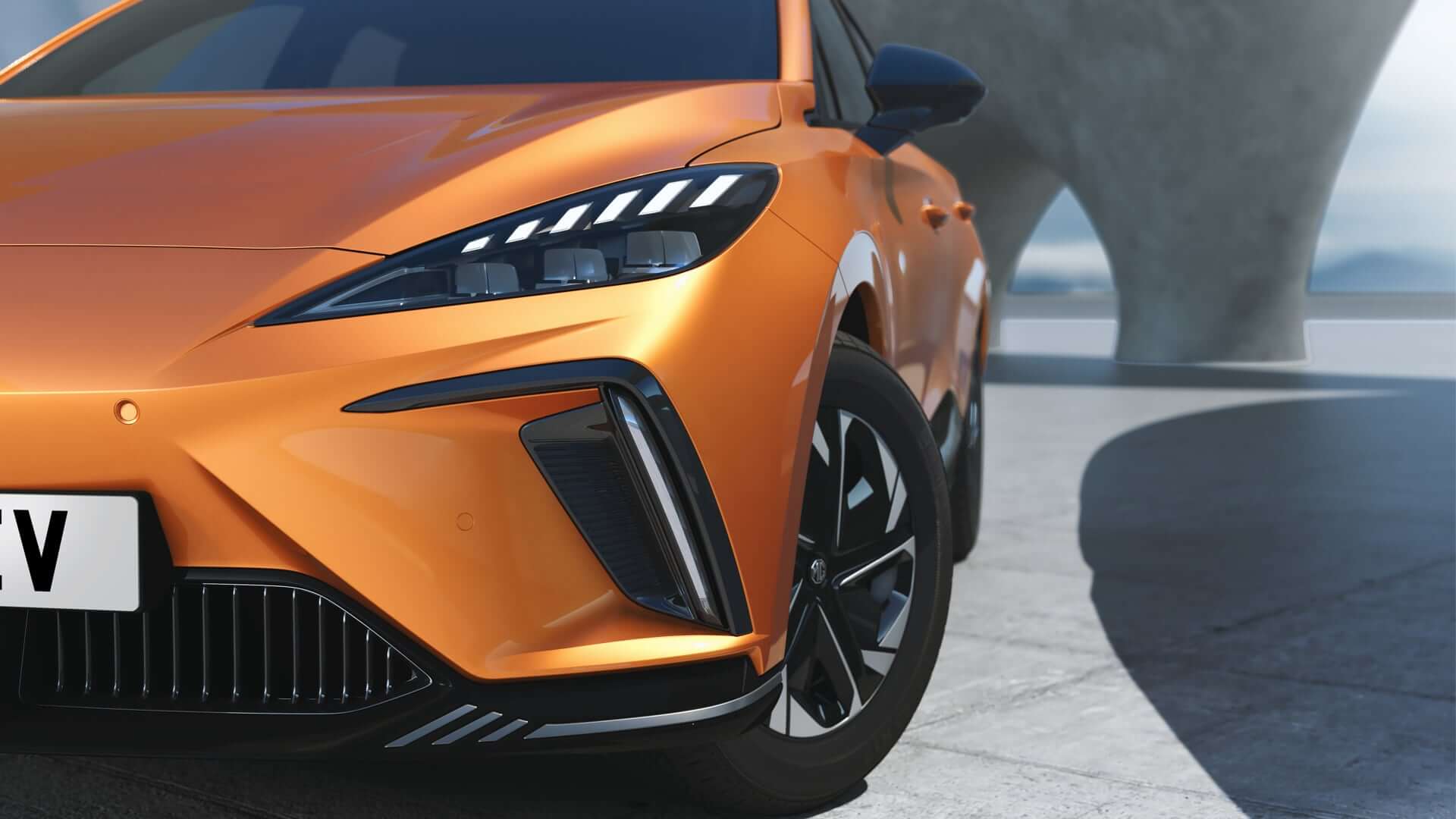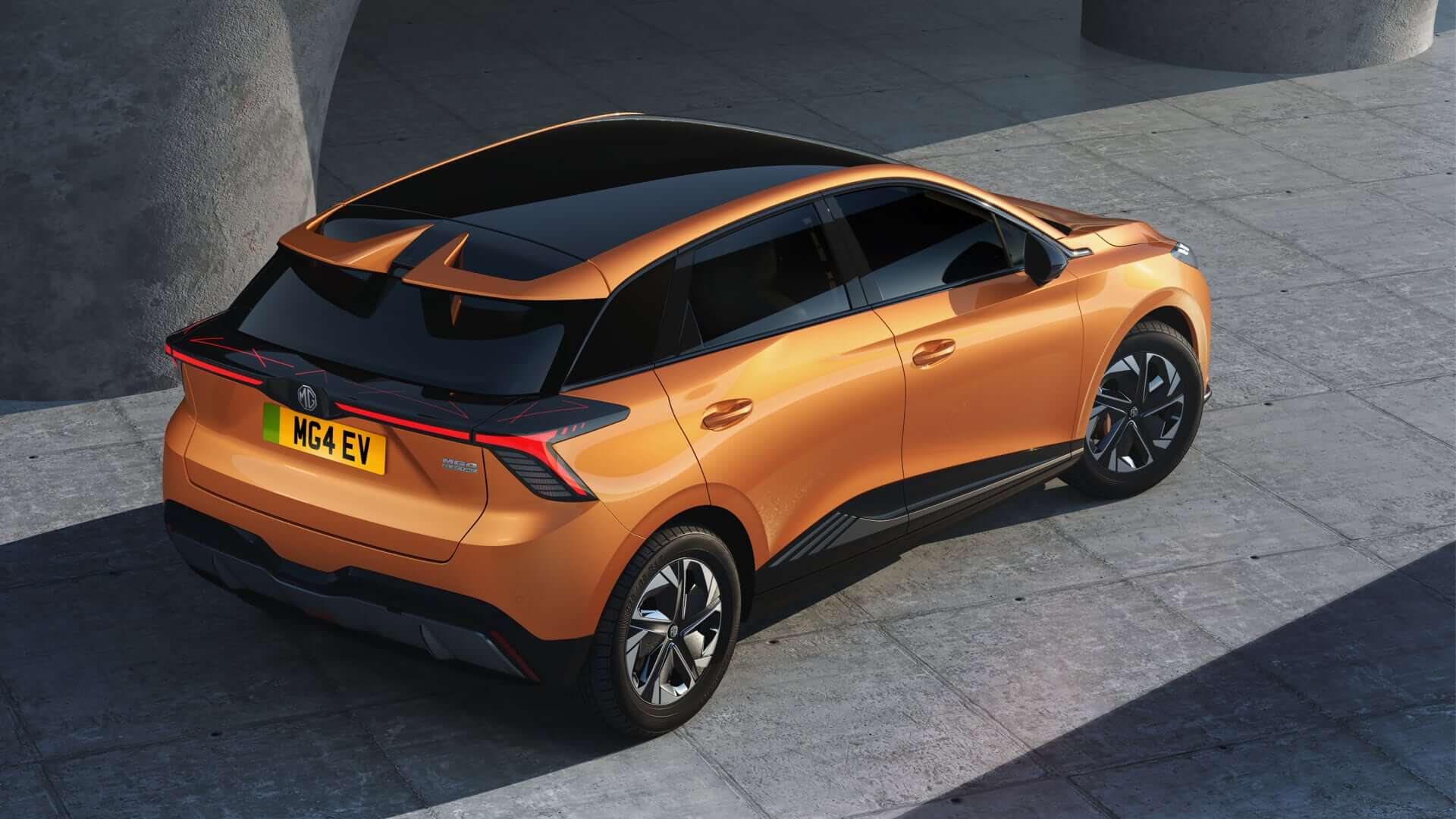History of Electric Cars

Electric cars are often thought of as a new, modern innovation, but that’s not actually the case. What if we told you that the first electric car was designed over 200 years ago. Of course the early models were nowhere near the type of sophisticated electric cars you know today, but these forward thinking engineers paved the way for the electric car revolution.
When was the first electric car made?
In the 1800s a horse and cart was still the main way to travel. However, early inventors in Europe and the United States started to look to the future, with a British inventor, Robert Anderson, making the first electric car in 1835. Although this wasn’t the high-tech car you know today, but a carriage powered by crude oil. It wasn’t until the 1900s that electric cars really hit their stride!
America was the pioneer of modern cars. William Morris, an American inventor, is credited with making the first fully electric car in 1890. This sparked the popularity of electric cars in the early 20th century. They made little noise and were easy to drive, which made them preferable over their gasoline powered rivals, even gaining the interest of prolific inventor Thomas Edison.
However, in those days electricity was scarce. This meant electric powered vehicles were only available to a very small group of consumers. Alternatively, oil in Texas made gasoline widely available. The Ford Model T was also very cheap in comparison to electric cars. Therefore, low costs and easy access to fuel made gasoline cars soar in popularity, whereas electric cars became obsolete.
Electric cars saw a brief revival in the 60s & 70s
For decades gasoline cars dominated because oil was so lucrative. However, rising fuel costs in the 1960s caused drivers to look towards an alternative power source. It was also the decade of one of the biggest scientific leaps in history - man walking on the moon. But did you know that the astronauts drove an electric buggy? This helped to make electric vehicles look cutting edge, as well as the cost of fuel reviving electric cars popularity once again.
The 1970s saw the biggest step towards the electric cars we know today. M.Stanley Whittingham (another British inventor) created the world’s first rechargeable lithium-ion batteries. This is the same electric car battery that we use in electric vehicles today, almost 50 years later!
However, the technology wasn’t quite there yet to make electric cars a serious rival to fuel cars. Although the batteries saw great advancements, there were other issues that needed ironing out. For example, the range of electric cars in the 70s was fairly short, with the batteries needing recharging more frequently in a time where charging stations were uncommon. Electric cars also couldn't reach the speed needed on modern roads, compared to the early 1900s where they were competing with the speed of a horse and cart.
A new millennium saw electric cars hit the mass market
Fast forward to the late 20th century and tech gadgets are all the rage. From computers, to mobile phones and the internet, we entered an age of modern technology. This gave engineers the scientific know-how needed to modernise the electric car.
However, the strides in scientific knowledge did not only help with the design of electric cars, but with selling the idea of them to the mass market. People were becoming much more aware of climate change and the impact fuel cars have on the environment. They say the greatest inventions are born out of necessity, and suddenly society is looking for a solution to the climate crisis.
Toyota released the first mass market electric car in Japan, 1997. They used a new nickel-metal hydride battery which they still use in their cars today. The Toyota Prius quickly became a popular model of car due to fuel prices rising once again and the public’s growing awareness of pollution.
The exciting thing about technology is that it's ever evolving. By the time we entered the 2000s, the technology was in place to create an electric car which meant car manufacturers could start focusing on the design. Tesla hit the market with a luxury electric car which challenged the leading sports car brands. Its popularity showcased a new desire for electric cars that we hadn't seen before - electric cars are not only needed, but wanted.
What is the future of electric cars?
The popularity of electric cars is only growing, with 1 in 5 new cars sold in the UK being electric. This is due to a number of reasons: electric cars becoming more affordable, charging stations becoming widely available and a greater awareness of our environmental impact.
However, it’s not just cars benefitting from the electric revolution with electric bikes and scooters also becoming more common. As the world continues to look towards more sustainable energy sources, electric vehicles are only going to become more popular, and with greater demand, comes a greater supply, with more electric cars hitting the market. This can help grow the amount of second-hand electric cars available, which will help make EV’s even more affordable.
The types of electric vehicles are also expanding. From electric vans, to electric sports cars you can pretty much find the electric counterpart of any type of vehicle. Our range of electric MG cars is also growing, from our new MG4 EV fully-electric hatchback to our MG5 EV Long Range car.
What’s next for the electric car is only for time to tell. One thing is for sure, this type of car is not going anywhere soon, and in fact, could even take over fuel cars as the leading type of vehicle on our roads!
